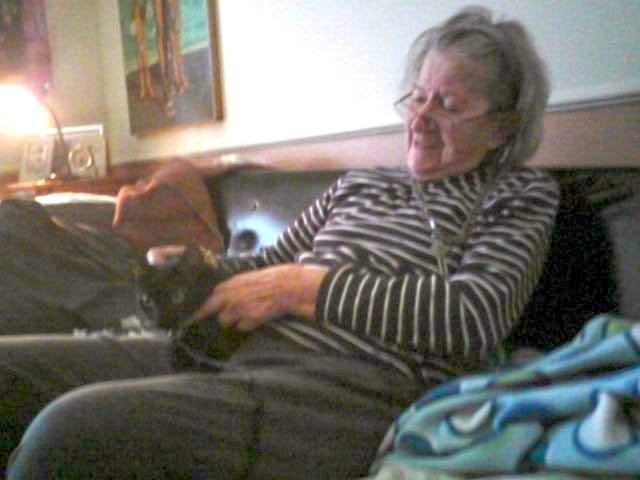“You are the salt of the earth, but if salt has lost its taste, how
shall its saltiness be restored? It is no longer good for anything except to be
thrown out and trampled under people's feet.
“You are the light of the
world. A city set on a hill cannot be hidden. Nor
do people light a lamp and put it under a basket, but on a stand, and it gives
light to all in the house. In
the same way, let your light shine before others,
so that
they may see your good works and give glory to your Father who is in heaven.
(Matthew 5: 13-16, ESV)
Our world recently lost someone who was the essence
of the phrase "salt of the earth." My dictionary of clichés describes this
phrase as applying to an individual "considered to be the best or noblest of
his kind." This definition fits Gil better than any other person I have known,
both in its secular and Christian sense.
I first met Gil when I began teaching at the same Lutheran Church where his daughter
was the music director. The church had
just started a school, and the devil was
working overtime to close this ministry. It was open season on the teaching
staff.
It seemed to me that everything I did was criticized, and I was certainly not alone.
People who had never been to our classrooms were accusing us of being bad
teachers. People who had never taught before were
certain they knew what we should be doing differently. There were false
accusations and constant denigration that interfered with teaching and learning. I wondered why I was teaching, at all.
Some days, when I brought the children outside for
recess, I would see Gil’s familiar face. He donated much of his time and talent
to the church each week. If I was on the playground and he was finishing a job,
he would come over and visit. We would talk about all sorts of things – stories
about kids, about the early days of our church (he was a charter member), and
stories about people. In this gentle way, he gave me some joy and bolstered my
faith in God’s ability to bring good out of His sinful people and the
situations we create.
In this way, Gil was not just being the salt of the
earth. He was salt and light. He was
shining a light on God’s goodness and helping me to understand that goodness
and to preserve it. He continues to influence me as his life reminds me also to go and be salt and light in this same
gentle way.
I know when I stop and ask a church worker how
things are going - I know that when I
feel the urge to ask, again, and wait for an answer, that I am blessed to use
my God-given faith in a way that was modeled by Gil.
I know that when I look for something positive to
say or do, in a negative situation, that I am blessed to use my God-given faith
in a way that was modeled by Gil.
I know that when God shows me the
joy of talking with people who are not in the spotlight, who are feeling
lonely, who are feeling depressed, that I am using my God-given faith in a way
that was modeled by Gil.
A good friend recently spoke to my
Adolescent Development class about the work she does with at risk youth. She
talked about the need each young person has for five people in their life who
would do nearly anything for them, five people who care about them, who influence them to help them see that their world can be better. I believe this
is true for all of us. Gil was definitely one of my "five." In simple,
consistent ways, he showed me he cared and he showed me a better way of living
my faith.
I am blessed to know him; he will be sorely missed. I thank God for Gil's faith, his gentleness, his service, and that I could know him for almost a third of his 91 years. God is good.
My new favorite thing about Gil will be to look for him in his children, grandchildren, and great-grandchildren. God is
good, all the time.
His master said to him, ‘Well done,
good and faithful servant. You have been faithful over a little; I will set you
over much. Enter into the joy of your master.’
(Matthew 25:21, ESV)


